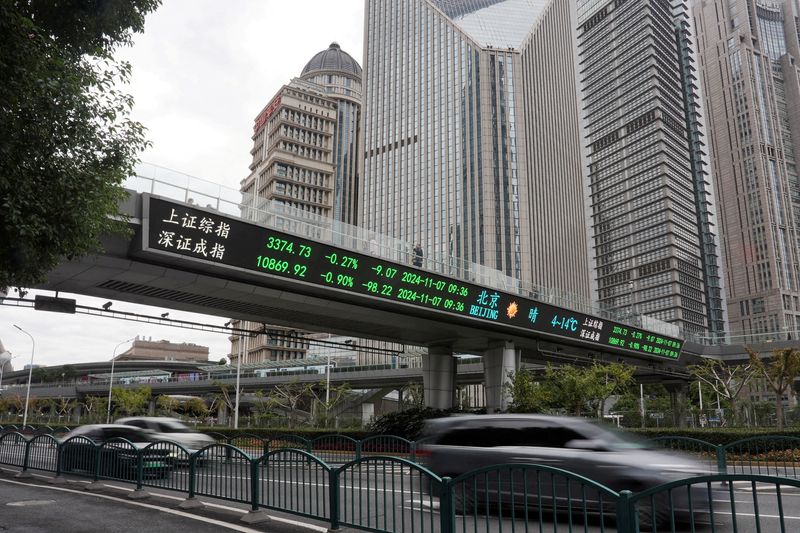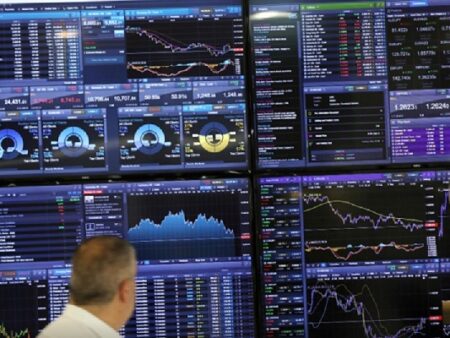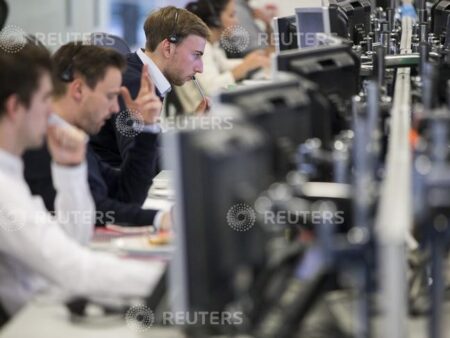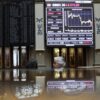SHANGHAI/HONG KONG (Reuters) – Major Chinese fund companies announced a reduction in fees for a batch of equity exchange-traded funds (ETFs) on Wednesday, intensifying price competition in the rapidly expanding $400 billion sector of the market.
The move to cut management and custodian fees came a day after Wu Qing, China’s chief securities regulator, pledged to encourage index investment and fund industry fee reform.
ETFs – funds that typically track an index and trade on an exchange – have boomed this year as fund companies compete fiercely to lure investors disillusioned by poorly performing active fund managers. The latest fee cuts are expected to potentially channel new capital into a waning bull market.
China Asset Management Co (ChinaAMC), the country’s top ETF manager, said in a statement it would cut fees in eight ETF products, including the 160 billion yuan ($22.10 billion) China SSE (LON:) 50 ETF, to “lower investors’ wealth management cost”.
The management fee would be slashed to 0.15% from 0.5%, while the custodian fee would be reduced to 0.05% from 0.1%.
Fund companies including E Fund Management, Huatai-PineBridge Fund Management, Harvest Fund Management and HuaAn Fund Management made similar statements.
Net inflows into China’s onshore ETFs have exceeded 900 billion yuan so far this year, on track to register the biggest inflows over the past decade, according to BNP Paribas (OTC:).
China’s stock ETFs, which hit 1.81 trillion yuan at the end of June, have already exceeded 3 trillion yuan. That is a 66% jump in less than five months.
The boom was partly aided by state funds piling into a struggling market early in the year via ETFs. Cut-throat competition for market share also helped drive down fees and attract inflows.
Investors are also turning to ETFs – a relatively cheap and convenient investment vehicle – away from active funds whose performance has disappointed.
Most active funds were caught off guard by China’s sudden, policy-led bull run that started in late September, and their conservative positions meant they could not beat the surging indexes.
An index trading China’s active equity funds has gained just 3% this year, far lagging the benchmark index , which has jumped 16%.
“Active fund managers cannot even beat the market, and they have lost trust with investors,” said Lu Deyong, an individual stock trader in northeastern China. “Retail investors now prefer to place their bets via ETFs.

China’s passive funds last month exceeded active funds in their China stock holdings, according to the official Shanghai Securities News.
($1 = 7.2409 )
Source link

















